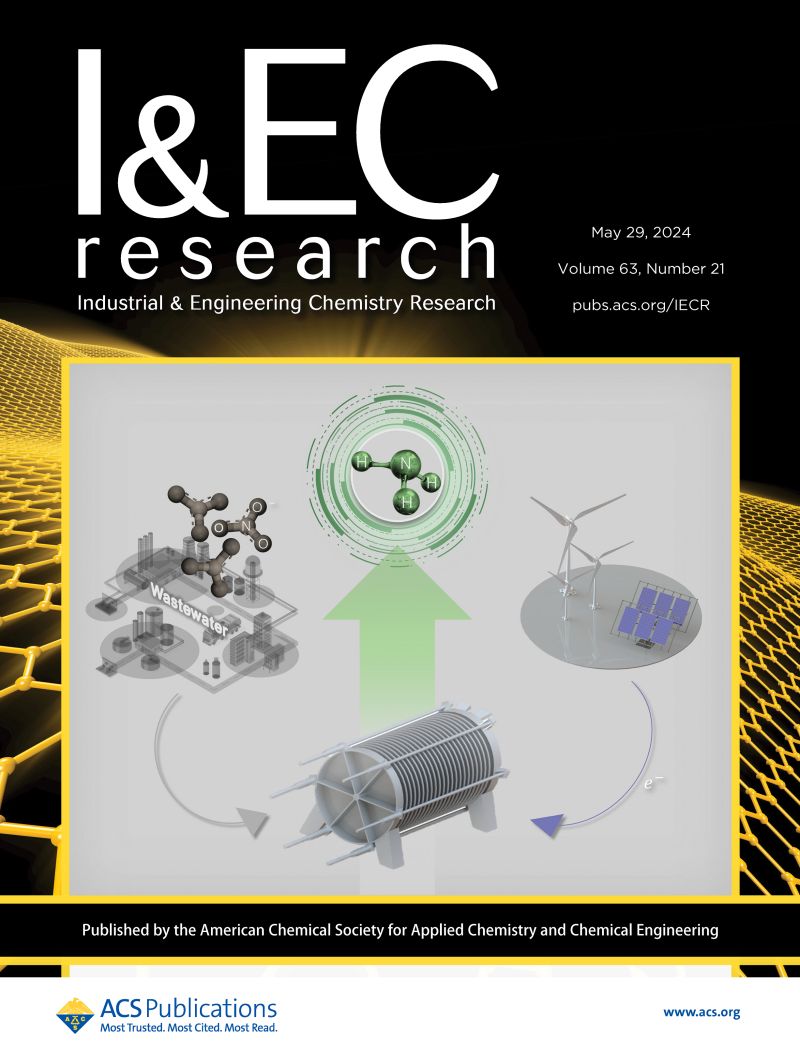On the Deactivation and Regeneration of Metallosilicate Catalyst for Ethanol to Butadiene: A Comparative Study for Lewis Acid
Abstract
Zr-β zeolites have emerged as promising catalysts for the conversion of ethanol to butadiene due to their Lewis acidity. Despite this potential, inevitable deactivation of the catalyst poses a significant bottleneck for its industrial application. Currently, there have been several reports on catalyst deactivation regarding the mechanism and regeneration. However, a systematic study of the relationship between catalyst acidity and the deactivation process, as well as the corresponding regeneration process, has yet to be conducted. In this study, we conducted a detailed investigation into the variation of catalyst texture properties and acidity during the regeneration for Zr-β catalysts and clarified that the carbon deposition and regeneration are directly related to the strong Lewis acid sites. Additionally, we evaluated various methods, including liquid- and gas-phase calcination regeneration and optimized regeneration conditions. Under the conditions of an air atmosphere, a regeneration temperature of 450 °C, a regeneration time of 6 h, and a cycle period of 24 h, the catalytic activity could be sustainably recovered.





